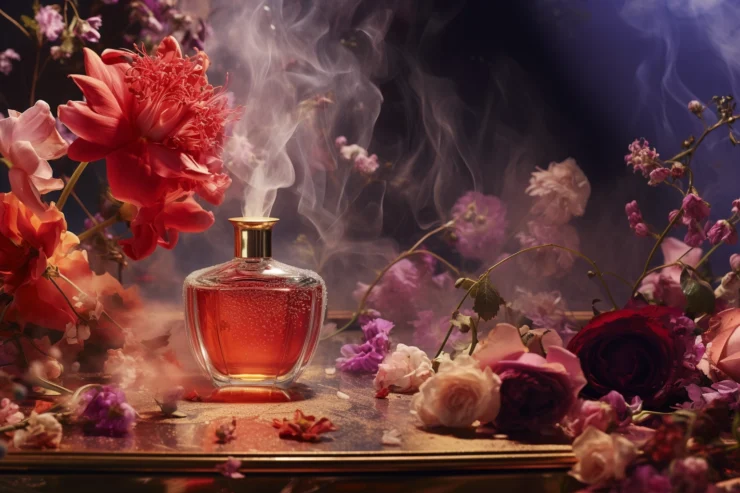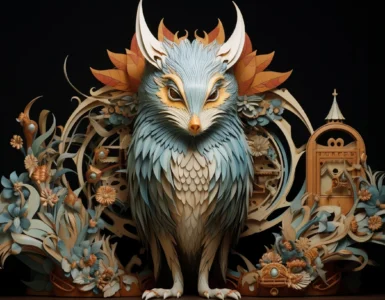In a world filled with sensory experiences, fragrance stands out as a powerful yet often underestimated element. We explores the multifaceted realm of fragrance, delving into its historical significance, the science behind scents, and the profound impact it has on emotions, memories, and personal identity.
A Fragrant Journey Through History
Fragrance has a rich history, dating back to ancient civilizations where it played a vital role in religious ceremonies, cultural practices, and personal adornment. The use of aromatic substances symbolized luxury, spirituality, and status.
Evolution in Perfumery
The art of perfumery has evolved over the centuries, transitioning from raw natural ingredients to intricate blends crafted by perfumers. This evolution mirrors societal shifts, reflecting changing preferences, values, and cultural aesthetics.
The Science of Scents: Olfactory Wonders
Understanding the science of fragrance involves exploring the intricacies of the olfactory system. The human sense of smell, intricately connected to memory and emotions, plays a pivotal role in how individuals perceive and respond to scents.
Fragrances are composed of different notes—top, middle, and base—that unfold over time. This complexity allows for a dynamic sensory experience, with each layer contributing to the overall character of the scent.
The Emotional Impact of Fragrance
Fragrance has a unique ability to evoke memories and emotions. Certain scents can transport individuals to specific moments in time, triggering nostalgia and a profound connection to the past.
Fragrance influences mood and well-being. Aromatherapy, an age-old practice, utilizes scents to promote relaxation, alleviate stress, and enhance overall mental and emotional balance.
Fragrance as Personal Identity
Individuals often develop a personal connection to specific fragrances, choosing them as signature scents that become an integral part of their identity. This association contributes to a sense of familiarity and comfort.
Fragrance carries cultural significance, with different societies attributing specific scents to traditions, rituals, and identity. The use of fragrance becomes a cultural expression, reflecting individual and collective values.
In conclusion, fragrance is a nuanced and powerful aspect of human experience. From its ancient roots to modern perfumery, the science behind scents, and its emotional and cultural impact, fragrance weaves a sensory tapestry that enhances life’s moments. Understanding the art and significance of fragrance invites individuals to explore a world of olfactory wonders that transcend the superficial and touch the realms of memory, emotion, and personal identity.
SCENTED SYMPHONIES, TIMELESS IMPRESSIONS































